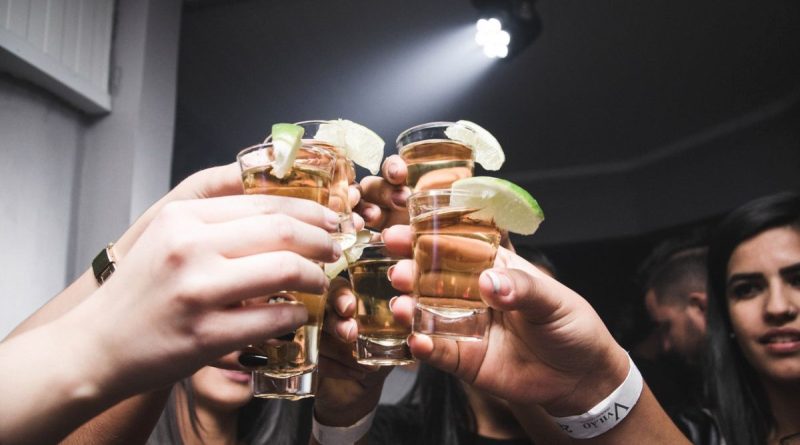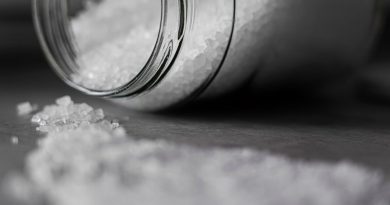Why do you want to keep drinking when you're already drunk? | The State

The faster someone drinks, the risk of an alcohol overdose increases.
Photo:
Isabella Mendes / Pexels
Many people tend to underestimate how drunk they are and thus arrive at a alcohol overdose, that in extreme cases can lead to death.
Why, knowing that it is difficult for you to stand, do you want more alcohol?
The reason why after an alcoholic drink you want more is in your brain. Alcohol has stimulated the brain reward system, the activity of the dopamine.
Less responsive but more motivated to drink
In addition to the effect of motivation-reward of the dopamine, alcohol also causes the release of feel-good chemicals known as endorphins.
While you have become clumsier because alcohol suppresses the parts of the brain that control physical operations (making it difficult to balance, open the door, etc.), can feel comfortable and that you can do everything thanks to dopamine has been stimulated.
Alcohol changes the way the brain processes information, making it difficult for people to make proper decisions. Alcoholic beverages work as sedatives for the central nervous system, which alters the ability to respond with the same effectiveness in certain situations. Still with everything some may not even know they are drunk.
Medical News Today explains that alcohol changes the way various neurotransmitters work (not just dopamine). Neurotransmitters carry signals between neurons.
When you consume alcohol you can experience:
- memory changes
- loss of inhibition
- changes in emotions, such as increased aggression, sadness, or euphoria
- slow coordination and reflexes
While some neurons tell you to have sanity, others tell you: let’s do it!
MEL magazine shares that dopamine activates two types of pathways in the brain:
- D1 neurons what they motivate you to keep drinking.
- D2 neurons that inhibit behavior, that can tell you things like “hey, you’re already taking your clothes off you should not drink more“Or” think about it, it’s not safe to get drunk and drive. “
But, although the D2 indications are more useful, alcohol predominantly drives the D1 pathways. This information is based on a study published in the Journal of Neuroscience, in which lead researcher Jun Wang refers to DI neurons as “let’s do it.”
Highly intoxicated people often underestimate how drunk they are, how extreme their drinking is, and how likely their drinking is to affect their health.
Alcohol overdose
The faster someone drinks, the higher the blood alcohol concentration becomes and thereby reach a alcohol overdose.
Alcohol overdose can lead to permanent brain damage or death, notes the National Institute on Alcohol Abuse and Alcoholism.
Symptoms of an alcohol overdose include: mental confusion, difficulty staying conscious, vomiting, convulsions, shortness of breath, slow heart rate, clammy skin, dull responses like absence of gag reflex (which prevents choking) and extremely low body temperature.
Anyone who uses too much alcohol too fast can be in danger of an alcohol overdose. Especially when the blood alcohol concentration rises to 0.08 percent or more, which usually occurs after a woman consumes 4 drinks or a man consumes 5 drinks in about 2 hours.
It may interest you:
.



